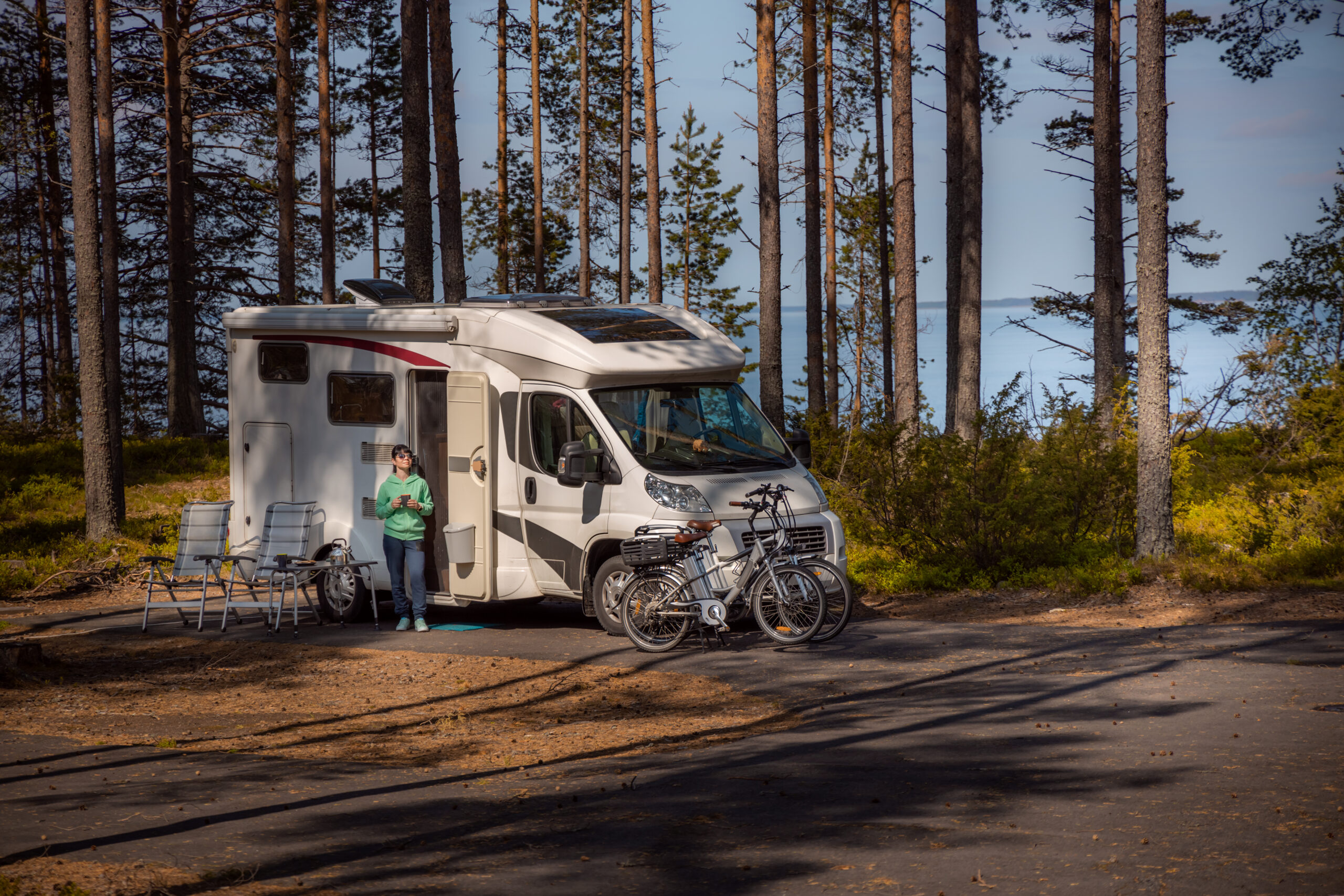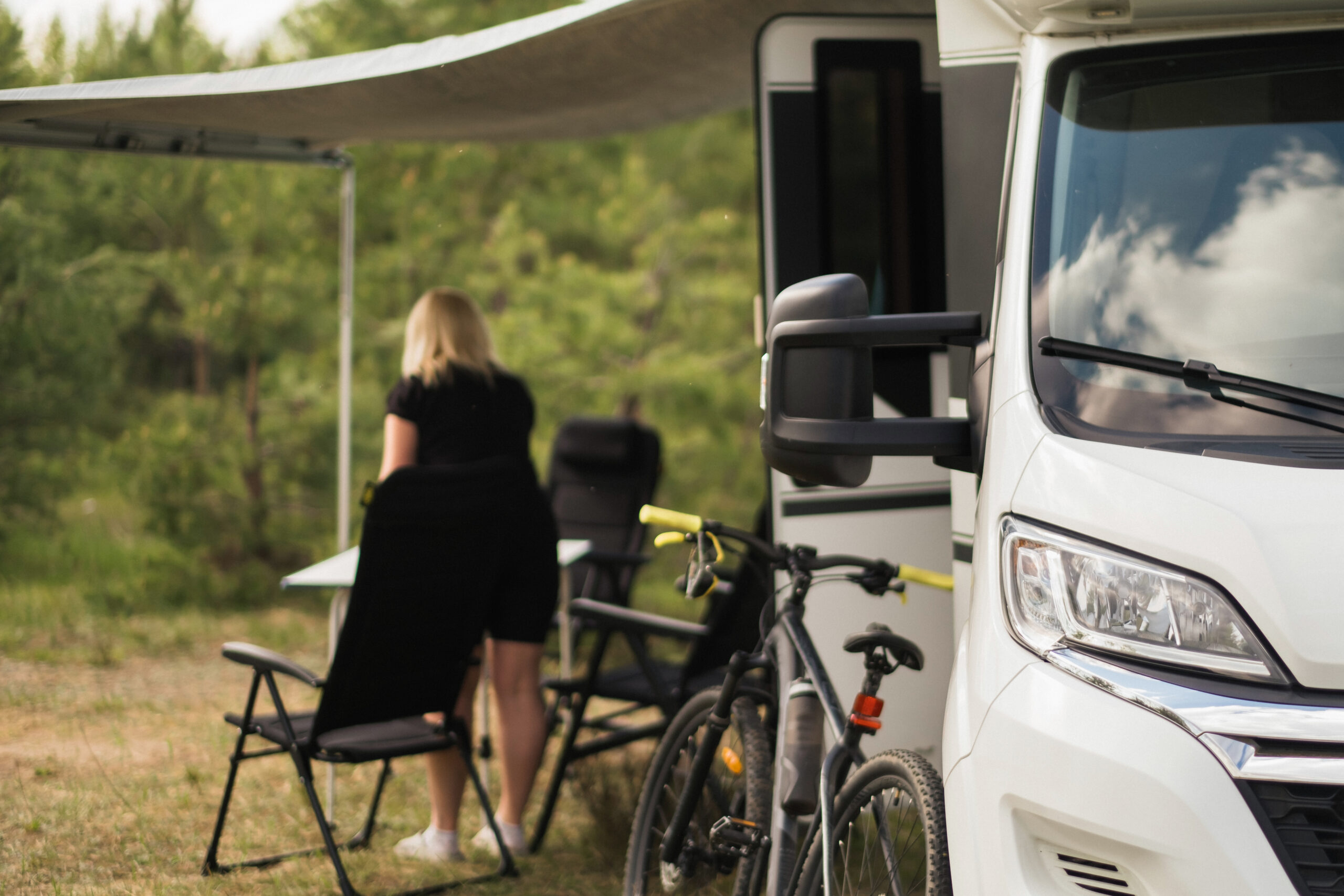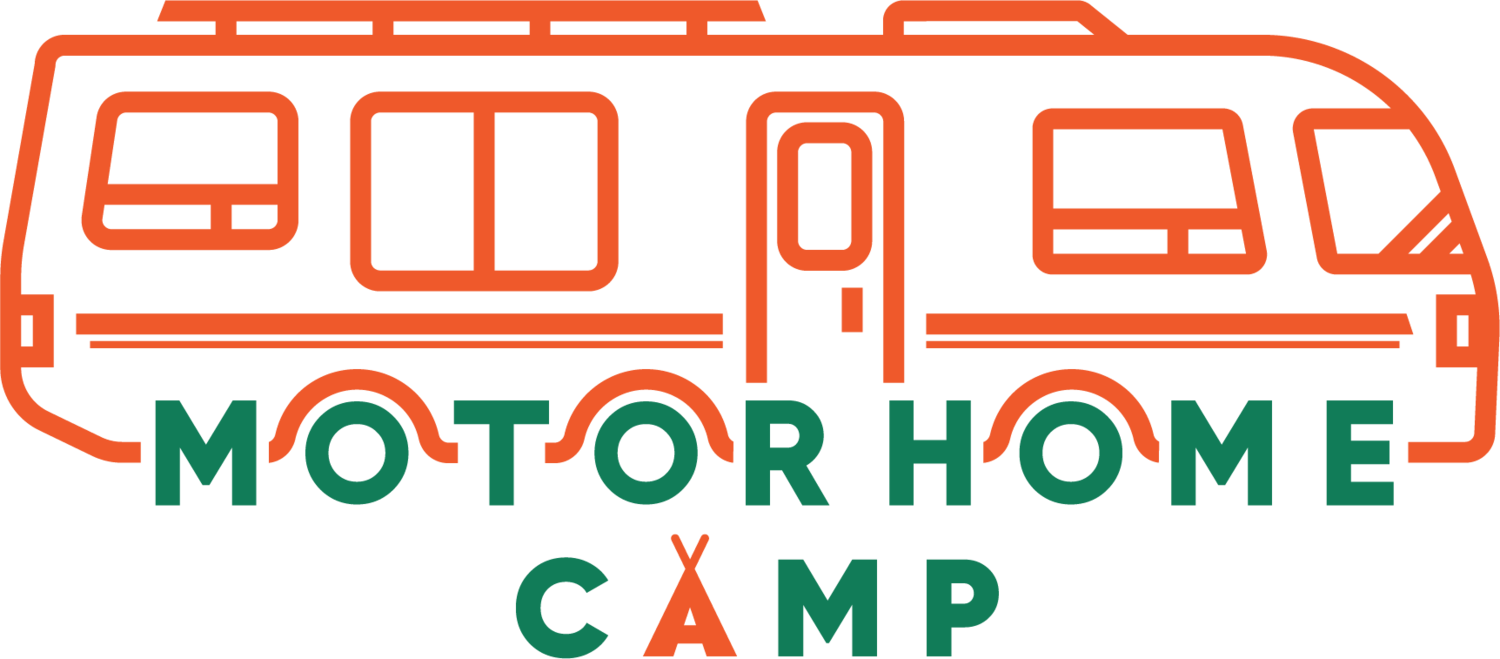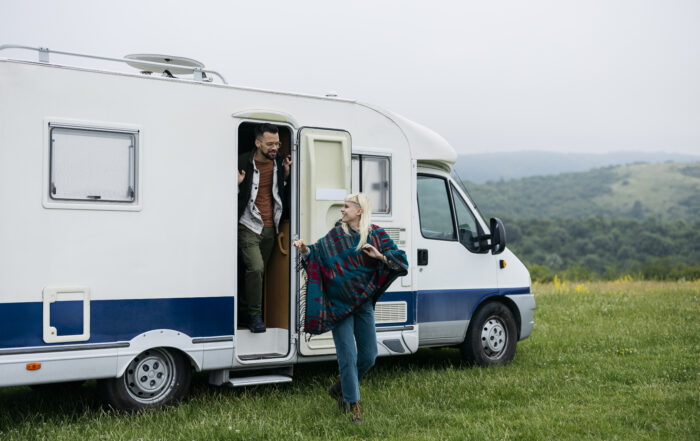Thinking about hitting the road in a motorhome but not sure whether to buy new or used? You’re not alone. Choosing between a new vs used motorhome comes down to more than just price – it’s about how you plan to travel, how often you’ll use it, and what kind of upkeep you’re okay with. Some folks want that fresh-off-the-lot feel, while others don’t mind a few miles on the odometer if it means saving money. This guide breaks down the real differences so you can figure out what makes sense for your lifestyle without getting overwhelmed by too many options.
Cost Considerations
Buying a motorhome means looking closely at your budget. You’ll need to decide how much you’re ready to spend before picking a model. A brand-new RV usually costs more. It comes straight from the factory, has no previous owners, and includes the latest features. But that also means higher monthly payments or a larger upfront cost.
Used motorhomes can save you a lot of money. They often come with lower prices due to age or mileage. Some even include upgrades from past owners like solar panels or upgraded furniture—without adding extra cost for you. Insurance rates and registration fees also tend to be lower for used vehicles.
Depreciation is another thing to think about when choosing between a new vs used motorhome. New models lose value quickly, especially in the first year or two. That drop in resale value might not matter if you plan on keeping it long-term, but it’s worth noting if you’re thinking of selling later on. Repair costs can go both ways. A new RV may have fewer problems early on and might still be under warranty for major issues. On the other hand, an older unit could need fixes sooner but might be easier and cheaper to maintain because parts are widely available.
Financing options differ too. Lenders may offer better loan terms for newer models because they hold their value longer upfront. For used ones, interest rates can sometimes be higher depending on age and condition. Think about all these pieces before making your decision: purchase price, repairs, insurance, financing terms, and resale value down the road, all of it counts when figuring out what fits your wallet best.

Depreciation and Resale Value
Buying a motorhome is not just about the price you pay. It’s also about how much of that money you’ll get back if you decide to sell it later. That’s where depreciation comes in. A new RV starts losing value as soon as it leaves the lot. In fact, most new models drop in value by a large chunk during the first couple of years.
If you’re looking at long-term ownership, this matters a lot. A brand-new motorhome might look appealing at first, but its resale price can fall fast within the first few seasons of use. After around five years, much of that drop has already happened. From that point on, values tend to level out more slowly. Used motorhomes follow a different pattern. Since someone else already took that early loss in value, you’re buying closer to what it’s actually worth over time. This can make selling later easier on your wallet because there’s less room for steep drops in price.
When weighing new vs used motorhome, think about how long you plan to keep it. If you’re only trying out the lifestyle or expect to upgrade soon, starting with something pre-owned might reduce financial stress when you go to resell it. Also consider mileage and condition when thinking about future sale prices. A well-maintained used unit with lower miles can hold its worth better than one that’s been heavily driven or poorly cared for – even if both started at different points on the price scale.
No matter which option sounds right for now, keep resale in mind from day one so you’re not caught off guard later on down the road.
Lifestyle Needs
Think about how you plan to use your motorhome. Are you hitting the road every few weekends, or will this be your full-time place to live? The way you travel should guide your choice between a new vs used motorhome.
If you’re planning to live in it year-round, newer models might offer more reliable systems and updated setups. These could include things like better insulation for colder areas, improved water systems, or more efficient power options. If you’re moving from one place to another often, these features can make life smoother. You might also want something that needs less fixing over time.
For people who take short trips now and then, a used motorhome can still get the job done without spending extra money on things they won’t use much. A well-kept older model may already come with things like solar panels or storage upgrades from past owners. You’ll just need to check that everything works before heading out. Also think about where you’ll go most of the time. If you’re sticking close to home or staying at campgrounds with hookups, you don’t need as much built-in tech inside the RV. But if you’re going off-grid often or traveling far distances, newer models could help with fuel savings and better handling on rough roads.
Your hobbies matter too. If you carry gear like bikes or kayaks, look for layouts with enough space for them. Whether new or pre-owned, some units have storage built in while others leave less room. Matching your travel habits with the right setup matters more than just buying based on price alone. How frequently and how far you expect to go should guide what kind of RV fits best into your routine.
New vs Used Motorhome
Choosing between a new or used motorhome can feel like a big step. Each option has its own list of benefits and trade-offs. A comparison of new vs old helps break things down so you can see what fits your needs best.
Buying new gives you factory coverage. That means repairs and issues in the first year or two may cost less since they’re often handled under warranty. You won’t need to worry about how the last owner treated the engine or if there’s hidden damage inside the walls. Everything is fresh, unused, and straight from the manufacturer.
On the other hand, going for a used model might save you money upfront. Depreciation hits hard during those first few years, so someone else already took that hit for you. If you’re okay with some wear and tear, this route could stretch your budget further. You might even afford a larger vehicle or more features than you would with a brand-new one.
Maintenance costs vary too. New models usually don’t need much attention right away, while older ones may require repairs sooner – things like brakes, tires, or roof seals could need updates depending on age and usage history. Customisation also plays into your choice. With a new motorhome, you pick layouts and features before it’s built, layouts, storage setups, tech options, all tailored to your taste from day one. Used units come as-is but might already include helpful upgrades made by past owners.
Some people feel more at ease knowing their RV hasn’t had any unknown issues before them, this peace of mind pushes many toward newer choices. Others feel confident buying used after inspections and research because they know what to look for in solid condition rigs. Thinking through each point can help make your decision easier when comparing both paths side-by-side.

Finding the Perfect Home on Wheels Starts with Knowing Your Priorities
At the end of the day, choosing between a new vs used motorhome comes down to your budget, travel goals, and lifestyle preferences. New models offer modern features and peace of mind with warranties, while used options can save you money upfront and hold their value better over time. Think about how often you’ll hit the road, what comforts matter most, and how much you’re willing to invest. Whether you’re chasing weekend getaways or planning full-time RV life, understanding these key differences will help you make a choice that fits both your dreams and your wallet.
Share This Story, Choose Your Platform!
Recent Posts
Used Motorhome Hidden Costs UK – Key Checks Before You Commit
Buying a second-hand motorhome can feel like a smart move - until unexpected costs start to creep in. From insurance surprises to repairs you didn’t budget for, it’s easy to overlook the extras when you're [...]
A Guide to the Ownership Costs of a Campervan Across the UK
Thinking about buying a campervan? It’s not just the upfront cost you need to consider. From insurance and road tax to fuel, servicing, and storage, there’s a lot that goes into keeping one on the [...]



